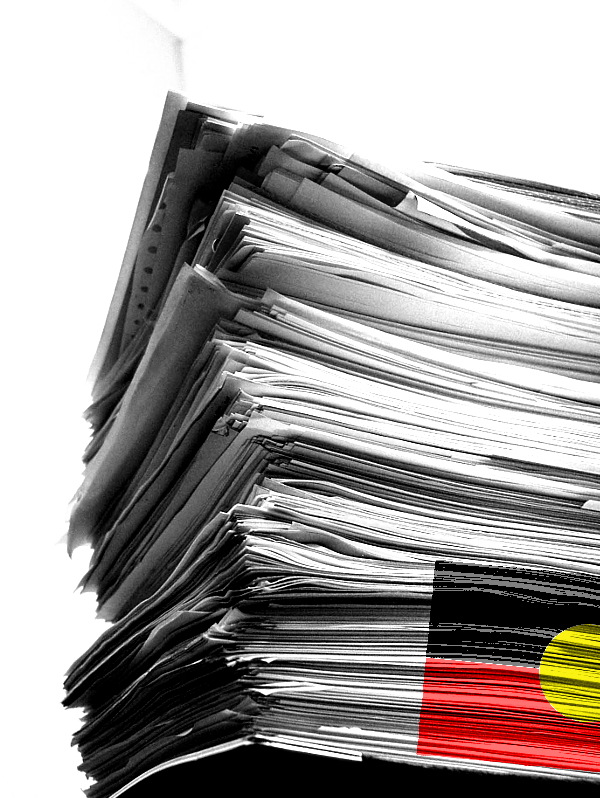Recognition path rejected
 The Federal Government has thrown out plans for a referendum on Indigenous recognition.
The Federal Government has thrown out plans for a referendum on Indigenous recognition.
The Uluru Statement, formed after a historic constitutional summit in Central Australia, recommended the establishment of a new Indigenous advisory body to guide moves for greater representation.
The Federal Government has formally rejected that recommendation, with the Prime Minister saying a new advisory body “would inevitably become seen as a third chamber of Parliament”.
“Our democracy is built on the foundation of all Australian citizens having equal civic rights, all being able to vote for, stand for and serve in either of the two chambers of our national Parliament — the House of Representatives and the Senate,” Prime Minister Malcolm Turnbull said in a statement.
“A constitutionally enshrined additional representative assembly for which only Indigenous Australians could vote for or serve in is inconsistent with this fundamental principle.”
It is a serious setback for advocates that have spent years fighting for greater representation.
The Government says it will look at establishing a joint parliamentary committee with the Opposition to review alternative proposals for constitutional change to benefit Indigenous people.
Referendum Council chair Noel Pearson said it is devastating for the Indigenous community.
“I think Malcolm Turnbull has broken the First Nations hearts of this country, expressed in the Uluru Statement from the Heart,” Mr Pearson said.
“He accused John Howard of doing that in 1999 and he has done the same thing in relation to recognition of Indigenous Australians.”
Joe Morrison from the Northern Land Council described it as a backwards step.
“I think the Parliament's failed the nation in terms of providing the requisite level of leadership here, and I think Prime Minister Turnbull needs to explain himself,” he said.
“The proposal that was created out of Uluru was ... a key part but there was also the truth and justice-telling. But they were also laying the foundations for the substantial changes to the constitution.”
In senate estimates, Minister for Indigenous Affairs Nigel Scullion admitted the decision had been made because most referendums have not been successful, not because of any actual evidence that it was likely to fail.
But the Australian Constitutional Values Survey, conducted online by Omnipoll, has found that at least 61 per cent of Australians would vote “yes” in a referendum to include Indigenous voices in Parliament.
The survey was led by researchers from the University of New South Wales (UNSW), the Australian National University, as well as Sydney and Griffith universities, and attracted 1,526 adult respondents.
“We conducted the polling in August and what our research shows is that constitutional recognition and the Uluru statement do have broad support, contrary to what the Government has claimed,” said Dr Paul Kildae, a senior law lecturer at UNSW.
“To abandon the idea with so little thought put into it, is very disappointing.
“I think governments should be in the business of making decisions based on evidence.
“They should have put more effort into gauging public support and made their decision accordingly.”







 Print
Print